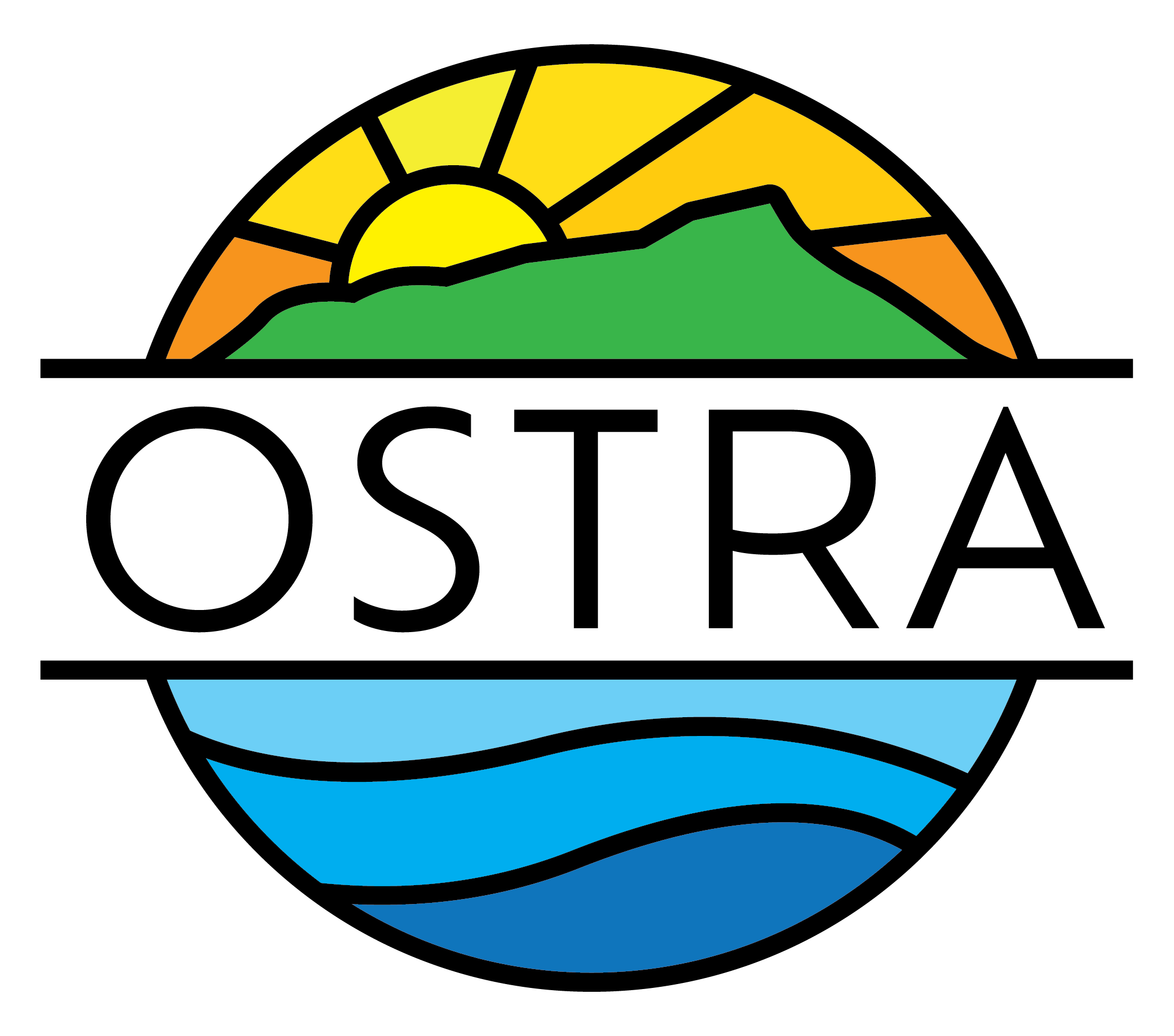The regulation of Airbnb listings and similar short-term vacation rentals in Hawaii is moving closer to implementation, reflecting efforts to address the housing crisis exacerbated by last year’s wildfires on Maui.
A bill poised to significantly alter vacation rental rules statewide has passed through both the Senate and the House, awaiting Governor Josh Green’s expected signature. Once enacted on January 1, the new law, SB2919, would authorize Hawaii counties to revise zoning laws, potentially converting short-term rentals into long-term residential properties to guide future county development. Violators face fines of $10,000 per day. While the impact won’t be immediate, this marks the first major legislative step towards regulating short-term vacation rentals across Hawaii, according to Senator Jarrett Keohokalole, the bill’s sponsor.
The significance of this legislation is underscored by its reversal of a 1957 ordinance that displaced Native Hawaiian communities, repurposing their land for sugar plantations. Keohokalole emphasizes that many existing zoning ordinances are outdated and fail to account for the influx of foreign investors or the challenges posed by overtourism.
Governor Green has voiced support for SB2919, citing the prevalence of illegal short-term rentals owned by non-residents as contributors to soaring housing costs. Housing affordability in Hawaii has sharply declined over the past two decades, with the cost of a single-family home quadrupling since 2000. Less than a third of households can afford the typical local home, and rents continue to rise, particularly in Maui, where the median rent is the highest in the state.
The housing crisis in Maui was exacerbated by the wildfires, which destroyed much of Lahaina and displaced thousands of residents. With around 3,000 displaced individuals still residing in hotels months after the fires, the need for stable, long-term housing is urgent. Efforts are underway to increase the availability of long-term units, including proposed tax incentives to encourage owners to convert vacation rentals into permanent housing options.

